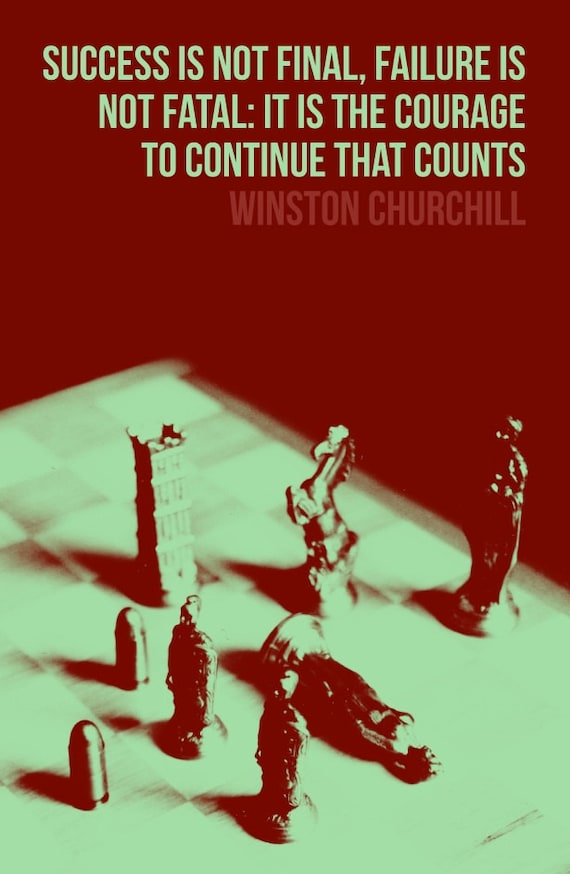This principle is self-explanitory for anyone who has been creative. Everyone has experienced creativity at one point or another whether it be experiencing personal or another's success. Technological innovations like the Nintendo Wii and the Angry Birds game application are just a few simple examples of how creative thinking is fun. Most importantly, creativity is more exciting when we experience the result of our own creative efforts because we witness and appreciate the efforts that it took towards the success.
Creativity can be fun because it engages people to think differently, share opinions and put thought into action. This principle creates value to any workplace by creating a positive environment, which results in better collaborations between individuals.
I strongly believe in this principle because I see the value it brings to myself and others. At times, it can even create a different mindset with someone who is reluctant in thinking creatively. Also, I believe that fun can root from accidents or mistakes that lead to laughter amongst a team. For example, some creative methods can lead to unexpected results that end up being humorous (like funny pictures or words). Another way that creativity can be fun is acknowledging the process of information sharing and understanding how others would approach a task or problem. This can be fun by the simple learning experience we get.
When discussing other principles, I have explained that I take on as many opportunities where I can be creative. That being said, I feel as though I employ this principle regularly by trying to approach the creative process with a positive attitude and a carefree spirit. By doing so, I allow myself to have fun with the process as well as with others. This creates value to my life because I am able to approach situations with a better mindset and show others that I enjoy thinking creatively so that I have better opportunities of applying it.
However, what prevents me from applying this principle more consistently are again, my own interests. As many may agree, I tend to have more fun with creative processes that I enjoy. For example, I may be more receptive to fun when doing projects for marketing classes as opposed to those in accounting. I realize that I should approach every creative process as equal opportunities to have fun because it is the process and environment that generates the fun, not the work itself.
An opposing point of view towards this principle may be that creativity can be frustrating and cause strains between relationships. I see this point of view to be valid because there are times where the creative process can be frustrating when facing setbacks and can create strains between friendships or colleagues because of opposing creative efforts. What is important is that we realize and take advantage of the positive outcomes of creativity so that we can overcome any obstacles (together) that may arise in the process.
A question that still remains regarding this principle is:
Some individuals believe they are not creative and therefore do not see the "fun" in its process. That being said, how can we show the value and fun from creativity to these types of individuals?




